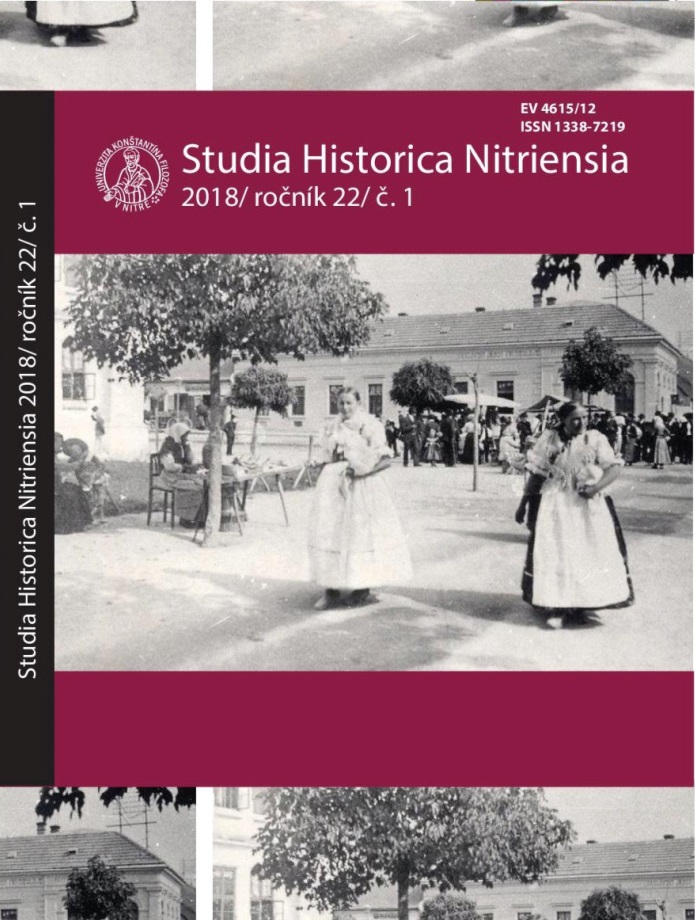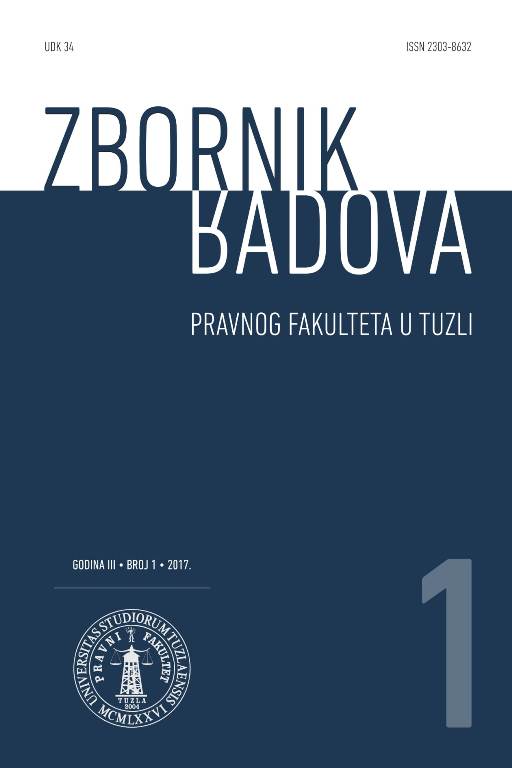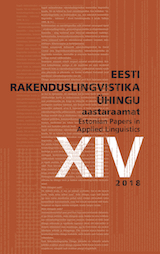
The international legal cooperation between Ukraine and the European union in building modern system of European security
On the way to the EU integration, Ukraine faces substantial challenges in the area of security.Europe’s number one security concern, of course, is Russian aggression in Ukraine. At the moment, the EU can be viewed rather as an informal collective security and defence organisation, but if Ukraine achieves further progress on the way to EU membership, then, in the future when the issue of Ukraine’s membership may be considered, the security status of the EU could become formalised enough and Ukraine would obtain the security guarantees of full value; which the country lacks today.
More...



